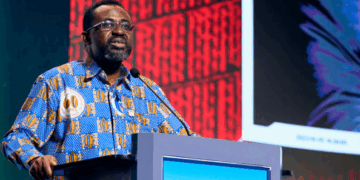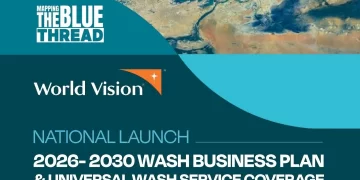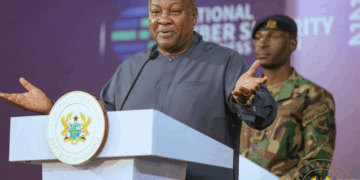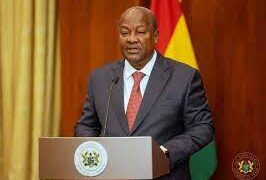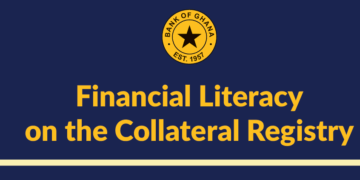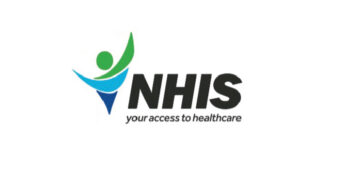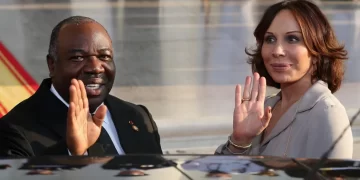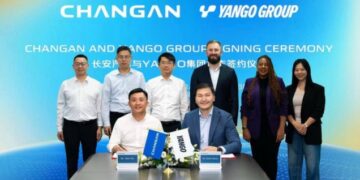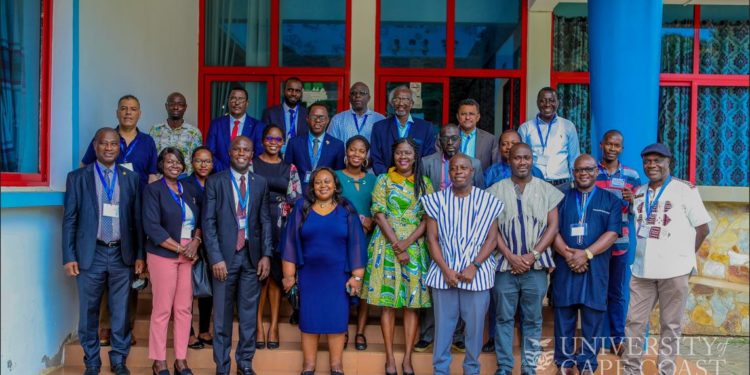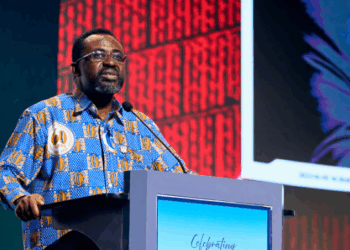A three-day training workshop has commenced at the University of Cape Coast with a focus on Strengthening Capacity for Ocean Governance and Negotiating Fair and Sustainable Fisheries Access in Africa.
The training workshop is being organized by the Department of Fisheries and Aquatic Sciences, AU Centre of excellence in Marine and Coastal Zone management with representatives from about thirty African countries.
It forms part of the numerous AU-sponsored training programs organized for fisheries administrators across the African countries to help enhance sustainable fisheries management and aquaculture development in Africa.
Speaking at the opening ceremony, the Center Leader, AU Center of Excellence in Marine Fisheries and Coastal Zone Management, Dr. Noble Asare said the training is key in addressing the enormous challenges facing the fisheries and aquaculture sectors of most African countries such as open access in capture fisheries.
To him, around the world, fisheries have been deviled with a lot of problems and Africa is no exception.
“Among the many challenges that we face in Africa involve resource management including open access in capture fisheries and ineffective foreign access agreement as well as ineffective participation in global regimes.”
Addressing the participants, Pro-Vice-Chancellor of UCC, Professor Mrs. Rosemond Boohene indicated that the training workshop will benefit Africa Union member states in improving food security, livelihood, and wealth creation.
“It is therefore appropriately placed that the AU-IBAR has considered the University of Cape Coast to organize and run this training workshop on strengthening capacity for ocean governance and negotiating fair and sustainable fisheries access arrangement in Africa,” she said.
Senior Knowledge Management Officer at the African Union -InterAfrican Bureau for Animal Resources, Madam Patricia Mweene Lumba said the training is an ongoing process that started in 2012, and as such it is their desire to use process to effectively participate in the newly established global partnership for oceans and to establish a core fisheries access agreement negotiator as trainers for other stakeholders in this important sector.
Training Objectives
The training has five specific objectives, the first is to facilitate policy actions and activities to protect ocean environment sustainable use of coastal and marine resources as well as biodiversity conservation.
The second is to acquaint the key relevant officials of national fisheries competent authorities with the principles and provisions of the fisheries access agreement, the rules and regulations of the common fisheries policy, and the conservation and management measures.
The third is to facilitate cooperation related to a variety of issues concerning shared fish stocks such as a common approach in engaging with the foreign fishing vessels, mutual access is to develop approaches that will serve as a benchmark for similar types of arrangements for access to fisheries resources between sovereign states in the region.
And last but not least is to ensure harmonious and beneficial continuity of the operations of the foreign fleet, thus contributing to Africa’s blue economy.
Read also: HCP, USAID cut Sod for the construction of eye surgical and training center at CCTH
Source: Eric Sekyi & Dorcas Akpakudi/ATLFMNEWS

